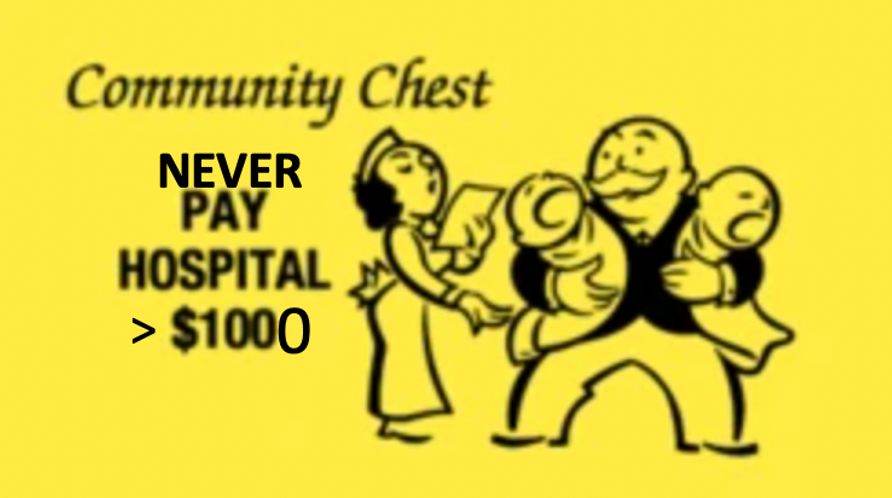RIP The Baby Aspirin
- Oct 13, 2021
- 3 min read
Updated: Oct 14, 2021
by Al Lewis
The recommendation to take a daily baby aspirin (81 milligrams) as a blood thinner to prevent a heart attack or stroke has a long history. At one point, decades ago, it was totally a thing. At least until it wasn’t, when wiser minds than ours realized:
1. for lower-risk people, thinning the blood increased the likelihood and risk of bleeds more than the benefit of event avoidance; and
2. a little five-cent pill based on a 19th-century technology was not going to eliminate the #1 cause of death in America. (The cartoon below was published during the peak euphoria, needless to say.)

Fortunately, there is now an arbiter to prevent or at least dampen excessive enthusiasm and equally excessive backlashes, by painstakingly reviewing all the evidence in these situations: US Preventive Services Task Force (USPSTF). They are the official arbiter of all things preventive, and their recommendations are law when it comes to Medicare and the Affordable Care Act. (Recommended preventive interventions are costless to the patient.)
They offer five grades for preventive interventions:
“A” – high certainty of benefit (example: folic acid for women who are or plan to become pregnancy)
“B”—moderate certainty of benefit
“C” – individual decision (prostate cancer screening for 55-to-69-year-olds)
“D”—don’t do it (routine electrocardiography for low-risk population)
“I”—not enough evidence (calcium tests for cardiac disease)
In this case, USPSTF has just published the final "draft" of its new the baby aspirin recommendation, by bestowing a "C" for people who believe, or whose doctors believe, they have a decent chance of a stroke or heart attack in the next ten years. "Drafts" rarely if ever change, so these new grades should become final on Nov. 8. (These grades do not apply to people who have already had a heart attack, or other patient-specific reasons to take these. Just for people who are trying to do "primary prevention.")
People in their 60s get a “D” -- specifically because the risk of bleeding exceeds the benefit of avoided stroke and heart attack risk.
Next steps: If you are a Quizzify customer, you'll be pleased to know we already have a question ready to be incorporated into your next quiz. (We've never been fans of the baby aspirin, so tweaking our existing question was easy.)
If you are not (or are) a Quizzify customer, check out Quizzify2Go. Quizzify2Go* is the healthcare industry's only compilation of questions to ask during a doctor/dentist call or visit, covering 81 different topics, handily presented in a mobile form so that you can take it with you, and including a calendaring feature so you don't forget.
Search on "baby aspirin" or just "aspirin" and you'll see that, in the immortal words of those great philosophers at Prego Spaghetti Sauce, it's in there.
*Check it out soon, because it will be gated, and be for use by customers only, within two weeks.
Quizzify provides the education employees need to be health-literate, wiser and more confident healthcare consumers
Teach employees how to navigate the ins and outs of their health benefits and gain valuable information about better health practices. With quizzes reviewed by doctors at Harvard Medical School, Quizzify helps employees live healthier lives and save money on healthcare... without collecting any private health information.
Benefits are of no value if employees don’t use them. You can customize Quizzify so that your quiz questions can explain exactly what the value is...and our “learn more” links can point employees to exactly where they need to go.




